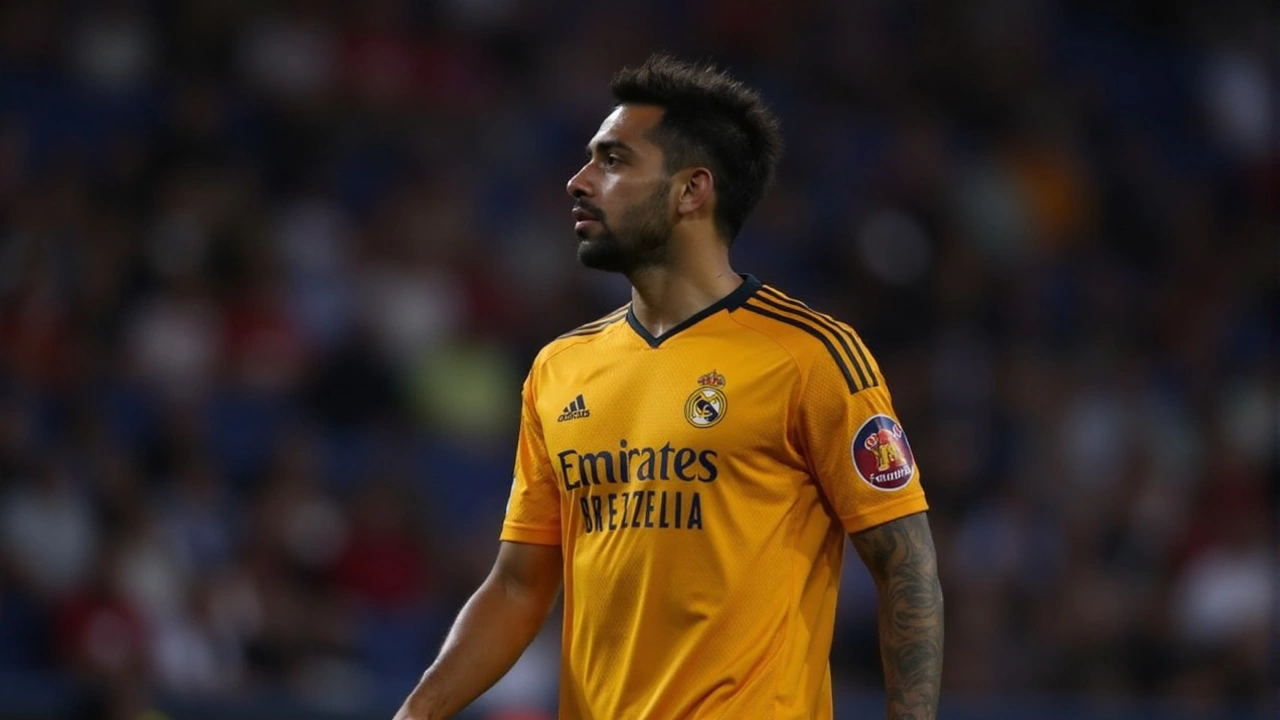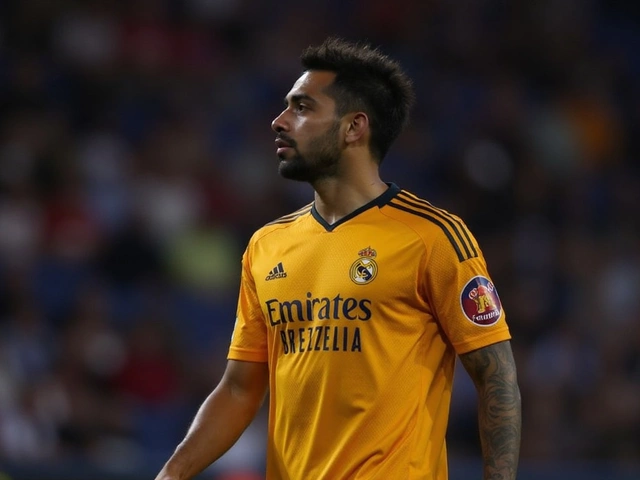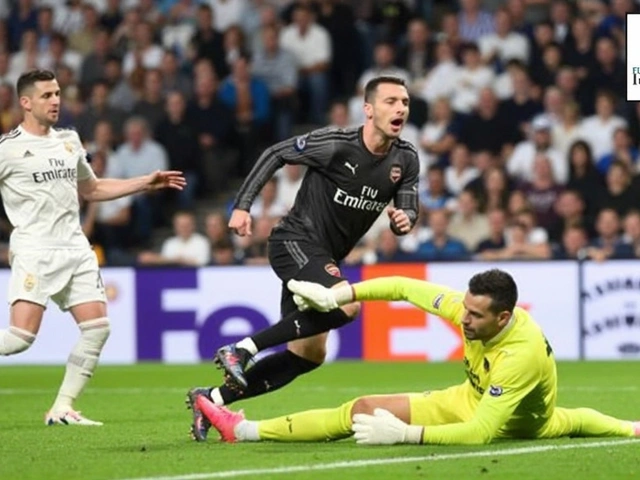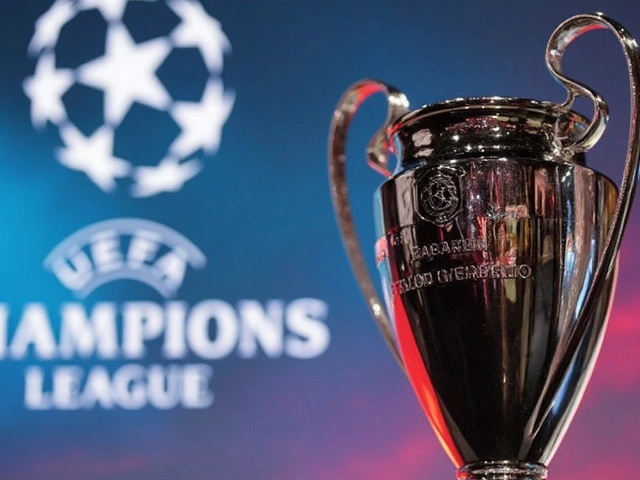In-Depth Analysis of the Champions League Clash: Brest vs Real Madrid Lineups and Outcome

Introduction to the Champions League Battle
The UEFA Champions League match between Brest and Real Madrid was highly anticipated by soccer enthusiasts worldwide. This key match illustrated the fine lines that separate tactical acumen and individual brilliance on the grand European stage. Real Madrid secured a commanding 3-0 victory, a scoreline that perhaps doesn't entirely capture the dynamic ebb and flow of competitive football. The spotlight inevitably shone on the notable performances of Rodrygo and Jude Bellingham, who were catalysts in their team’s triumph.
Early Game Dynamics and Brest's Tactical Approach
Brest entered this significant contest with not only an underdog mindset but a tactical scheme that raised eyebrows. Their high-pressure strategy aimed to unsettle the Madridistas, and thus the hosts exhibited aggression from the first whistle. In the opening segments of the match, their intensity rattled Real Madrid. Quick transitions and full-throttle sprints from Brest players had Real's defense scrambling and provided their local fans with promising glimpses of what seemed like an unrelenting effort to claim an early advantage. This was a spirited start for Brest, which was crucial since every minute mattered against a giant like Real Madrid.
Real Madrid's Tactical Response and Adaptability
Despite facing relentless pressure, Real Madrid displayed composure that reflects the experience embroidered into their European legacy. Carlo Ancelotti, known for his tactical prowess and calm demeanor, clearly impacted Real's response. The visitors patiently absorbed pressure, utilizing brief pauses to assess Brest’s vulnerabilities. As Brest committed numbers forward, spaces began emerging — something that teams with speedy wingers like Rodrygo can exploit. Real Madrid’s adaptability came to the forefront, as timely adjustments in positioning and movement allowed them to find and utilize these pockets of space efficiently.
Critical Examination of Ancelotti's Lineup Decisions
Carlo Ancelotti's lineup drew criticism, particularly for opting to start Lucas Vásquez at right back. While Vásquez offers versatility, his defensive lapses represent potential liabilities on the international stage. This criticism was not unfounded, as early minutes saw breaches along his flank that could have resulted in favorable situations for Brest. However, as the match progressed, Real Madrid’s collective defensive alignment corrected these vulnerabilities, significantly aided by tactical rearrangements that supported Vásquez further.
Key Performers: Rodrygo and Jude Bellingham
The praises cannot be sung enough for Rodrygo and Jude Bellingham, whose performances bolstered Real Madrid’s campaign. Rodrygo’s intuitive play coupled with his deft first touch and nimble footwork unsettled Brest’s backline. He was directly involved in creating crucial play sequences that either led to goals or triggered extended pressure phases. Jude Bellingham’s midfield dynamism was another pivotal element for Madrid. Not only did he contribute offensively, but his relentless work rate and strategic vision orchestrated movements that effectively countered Brest's pressing.
Prospects for Real Madrid Moving Forward
Looking ahead, Real Madrid's campaign in the Champions League presents both dazzling potential and daunting tests to overcome. There looms the potential challenge of facing Manchester City, a team rich with its own footballing heritage, albeit confronting its current struggles. For Real Madrid, such potential clashes signify not merely competition but opportunities to refine their strategies. Defensive coherence needs fortification since synergy between players like Vinicius Jr., Rodrygo, Bellingham, and the rest of the attacking unit is essential to elevate team performance to another dimension.
Conclusion: Strategic Insights and Future Considerations
As Real Madrid moves forward in the Champions League, the lessons from the Brest match are invaluable. While offensive potency remains a hallmark of their play, defensive fortitude must not be overlooked. The analysis has shown that while lineups are pivotal, the ability to adapt and refine strategies in real-time is what separates champions from contenders. With enhancements in defensive synchronization and harnessing the full potential of their attacking prowess, Real Madrid could be poised for further success on Europe’s most-celebrated football stage.


